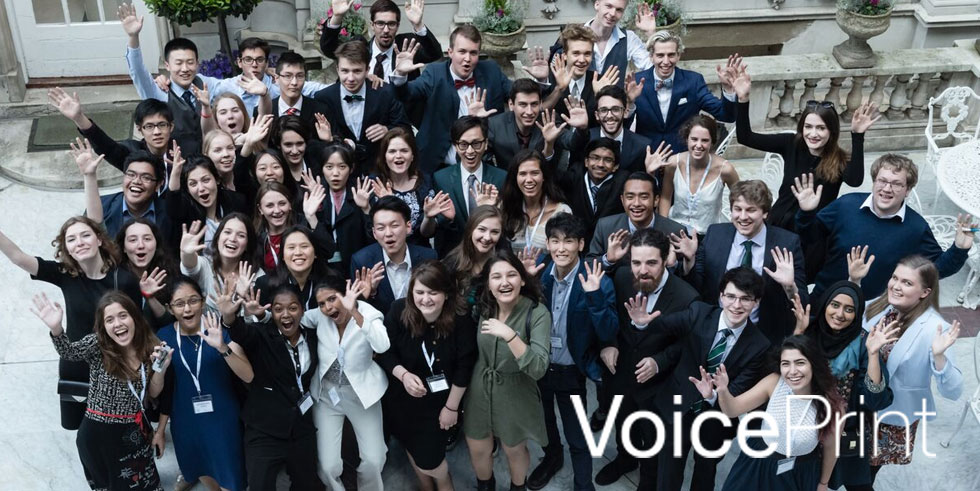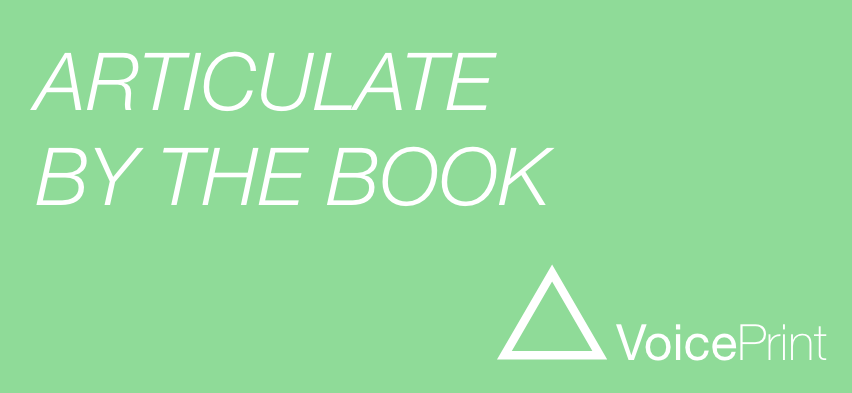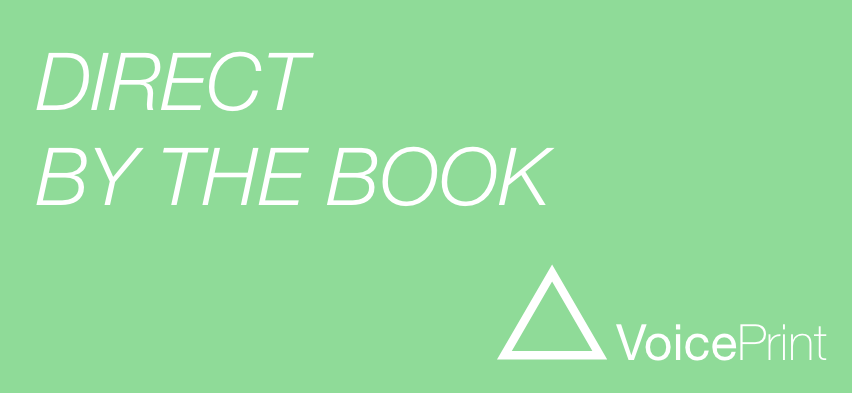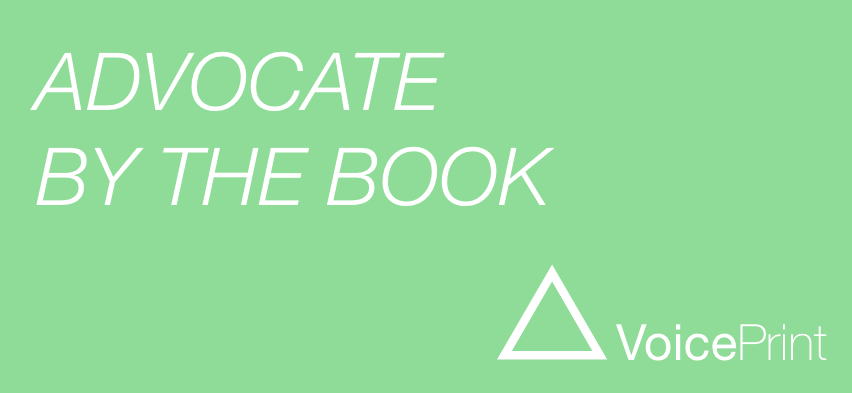
This is the latest in our series of blogs about helping young people to find the voices they need. It takes the form of an interview with Junaid Hameed, a school student and alumnus of the English-Speaking Union’s public speaking programmes. It shows how teaching oracy skills can develop the range and impact of a young person’s VoicePrint profile.
Tell us about yourself
I am Junaid Hameed and I’m currently in my last few months of Year 13 at Pate’s Grammar School, Cheltenham. Following my A-level exams in the summer, I plan to read Medicine at Oxford University. I have been involved in ESU Public Speaking competitions from the age of 15 and have most recently represented England and Wales in the International Public Speaking Competition 2017.
How did you feel the first time you were involved in the Public Speaking Competition?
Incredibly nervous! Especially since I had the fortune of being given the first spot on the programme, so I was very much diving into the deep end. However, after I started to speak I began to relax, settling into focusing on my speech and my ideas rather than the nerves. I would love to say my experiences in public speaking over the past few years have brought about a decrease in my nervousness at the prospect of speaking, however I must concur with Eric Whitacre in how, as he put it, “The terror of performing never goes away. Instead, you get very, very comfortable being terrified.”
Many young people do not use the ‘inquire’ voice to reveal and deepen people’s points of view. Did researching speech topics help you understand different points of view? Did it change how you listen to people?
Certainly – through doing public speaking competitions I have learnt how important it is to address the counter-argument to whatever you are trying to say, because only then can you truly understand what it is you are advocating and why you are doing so in the first place. I think more than researching the topics themselves, however, it would be the questioning rounds during the competitions that have had more of an impact in how I listen to people. On many an occasions I have been posed a question that I would not have been able to think of myself or asked a question that has made me aware of an entirely new position on the topic. I believe that being open to new perspectives and ideas is an integral part of developing your own point of view.
Studies show that young people tend to use an ‘advocate’ voice, holding a position and speaking out about their opinion yet people tend to lose this when they are older. Why do you think this might be?
Young people are full of original perspectives and ideas on all sorts of topics and, in being so, may indeed be partial to speaking their mind. However, without practising and engaging the ability to listen and inquire, it can be difficult for a room of young people each advocating their own point of view to have constructive discussion. Perhaps if we focused on honing the skill of listening and exploring alternate viewpoints, more young people would find the use of their ‘advocate’ voice constructive and a valuable tool to engage in discussion in later life. With an increasing number of young people being able to use technology to keep up to date with current affairs or topical issues and develop their own opinions, I believe the world has a great amount to gain with the innovative points of view and ideas they can offer.
You took part in the ESU’s International Public Speaking Competition, what was it like speaking to people your age from all over the world? Did their different cultures shape their points of view?
It was almost surreal! Before the competition, I would not have ever imagined being in the same room as over forty other people my age, each from different corners of the globe. Fascinating discussions about life in various parts of the world were constantly occurring throughout the week and while there were, as there always would be, different points of view expressed, we were very open to discussing the reasoning and cultural ideologies behind them. However, regardless of how different our backgrounds, cultures or ideas may be, we learnt we had much more in common than we would have thought.
Very few schools have debate clubs and indeed speaking in class is often discouraged – why do you think this needs to change?
Oracy is invaluable to any person’s education – ideas are arguably what run the world and oracy is the mode by which we communicate those ideas. For a young person to be able to develop this ability is to be equipped with priceless tools for all spheres of later life. Particularly today, in a world where we are often presented with an overload of information from all sorts of sources, it is vital we learn from a young age to be able to discuss, debate and scrutinise ideas, to ensure the discussion we have is constructive and moves us forward as a society.
The ESU International Public Speaking Competition 2018 takes place this week. https://www.esu.org/our-work/international-public-speaking-competition
To find out what issues young people are currently speaking out about, please visit the ESU website.
VoicePrint Accredited Practitioner Training:
Learn how to use the VoicePrint tool to coach people of all ages to develop their ability to communicate and interact effectively, find out how.
Ready for a conversation?


